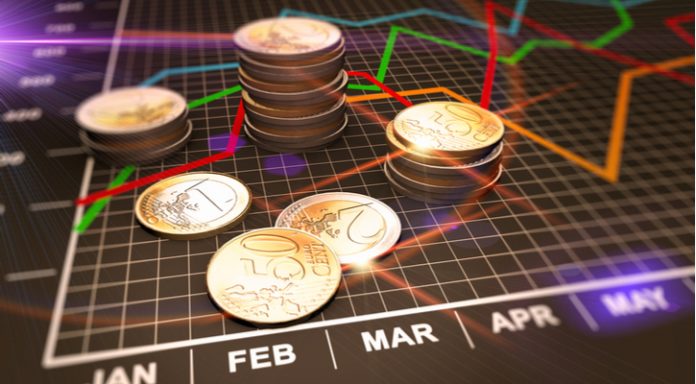- Pound (GBP)
- UK economic calendar remains quiet
- Euro (EUR) looks to Eurozone GDP data
- German economy contracted in Q4
The Pound Euro (GBP/EUR) exchange rate is rising for a second straight day. The pair rose 0.27% at the start of the week settling on Monday at €1.1778, after trading in a range between €1.1752 – €1.1826. At 08:45 UTC, GBP/EUR trades +0.08% at €1.1788.
The pound drifted lower on Monday amid a lack of fundamental drivers as investors wait for the BoE interest rate decision on Thursday. The BoE is widely expected to raise interest rates by 50 basis points as inflation holds stubbornly in double digits.
Today the UK economic calendar remains relatively quiet. UK house price data in addition to mortgage figures, could provide some clues into the health of the housing market. However, this is unlikely to drive a strong reaction in sterling.
The euro rose in the previous session as investors digested a mixed bag of data. German GDP unexpectedly contracted in the final three months of 2022, reviving fears said the eurozone’s largest economy could fall into recession. German GDP fell -0.2% quarter on quarter in the fourth quarter, down from 0.4% growth in the third quarter and below the 0% forecast.
That said, the stronger expected European economic sentiment data also suggested that any recession in the eurozone could be milder than initially expected. Eurozone economic sentiment rise to 99.9, up from 97.1 in December, marking the third consecutive month of gains.
The economic sentiment indicator and eurozone PMI data from earlier in the month suggest that the downturn in the eurozone is easing.
Looking ahead, German economic data is expected to remain in focus with the release of German retail sales. Analysts forecast that sales will rise 0.2% month on month in December after rising 1.1% in November.
German unemployment is also expected to show that the unemployment rate held steady at 5.5% in December.
Meanwhile, Eurozone GDP data is expected to show that the economy stagnated in the fourth quarter at 0% after expanding 0.3% in the third quarter.





